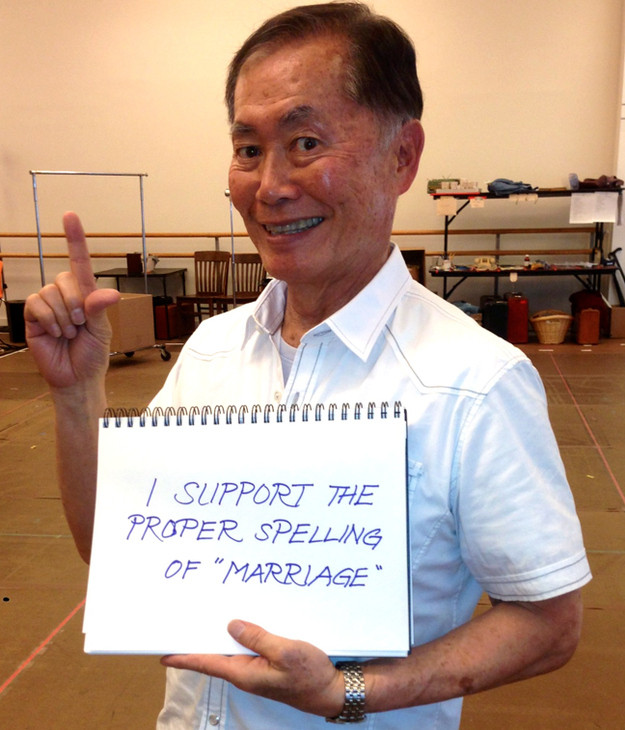It’s been a while since I’ve written a blog post, mainly due to school work wrapping up, so I figured I should give an update! I’ve certainly been keeping myself busy, going out with Vietnamese friends and my roommates. They’re even teaching me how to cook! And this city is really growing on me more (as frustrating as the traffic, pollution and language barrier may be sometimes). I have my favorite places to eat street food, for coffee, for shopping, for biking, for live music, and for a drink on a Saturday night. And I keep on discovering more of these “favorite places” every day. I feel like I’ve built a life here in Hanoi, and it’s one I’m going to miss when I have to leave in a just 4 and a half months. I can’t believe how fast my time here is passing!
As for work, things are going well. Apart from my routine article writing, website updating and social media work, I've designed our New Years cards and notebook. This task proved to be more challenging then I expected because of the many opinions that I needed to be incorporate. As my co-worker said, it was a case of "too many cooks in the kitchen". I'm also helping prepare for a big project launch that will be happening next month, which includes developing a climate change adaptation "drama" that will be performed by locals at the launch. Although I have been slightly frustrated and disappointed by the fact that I am not more involved in SRDs projects (and the fact that I am not a communications expert), I feel like this project launch is a good chance for me to finally offer some development expertise!
And of course, the holidays are upon us. It doesn’t really feel like Christmas without the snow, the traditions and the people I love back home, but there certainly is an air of holiday cheer in Hanoi with all the decorations and events around the city! When I first got to Vietnam, I was planning on going back to Canada for the Christmas. But after a lot of internal debate, I decided to take advantage of being in Asia, and I’ll be traveling with some fellow INDEVOURS over the holidays instead. Although not being with family this time of year is very hard, I am excited to get to have a “different” Christmas and New Years, as I go scuba diving in Thailand and travel around Malaysia and Singapore! The care packages from home are certainly helping the waves of holiday blues I get from time to time.
My holiday travels aren’t the only ones I have planned. From January 30th to February 5th is the Lunar New Year celebration of Tet , which has been described to me as “Vietnamese Christmas”. It’s a very family-oriented holiday, so most businesses close as people travel to their hometowns for the week to spend time with relatives. Seeing as Hanoi (and other Vietnamese cities) will be pretty dead during Tet, I decided to go to the Philippines to volunteer with the Typhoon Haiyan reconstruction effort, through an organization called All Hands! I’m so excited to be a part of All Hands’ Project Leyte, especially because I really want to get some on-the-ground experience in disaster relief effort considering I’m looking to pursue my Masters in disaster management. I’m also fundraising for the project, which you can find here! I’ll share more about the project I get more details about exactly what I will be doing.
Well, that’s all the updating I have for now! Happy holidays everyone… and indulge in an extra Christmas cookie or two for me. Chúc Giáng Sinh Vui Vẻ!









































